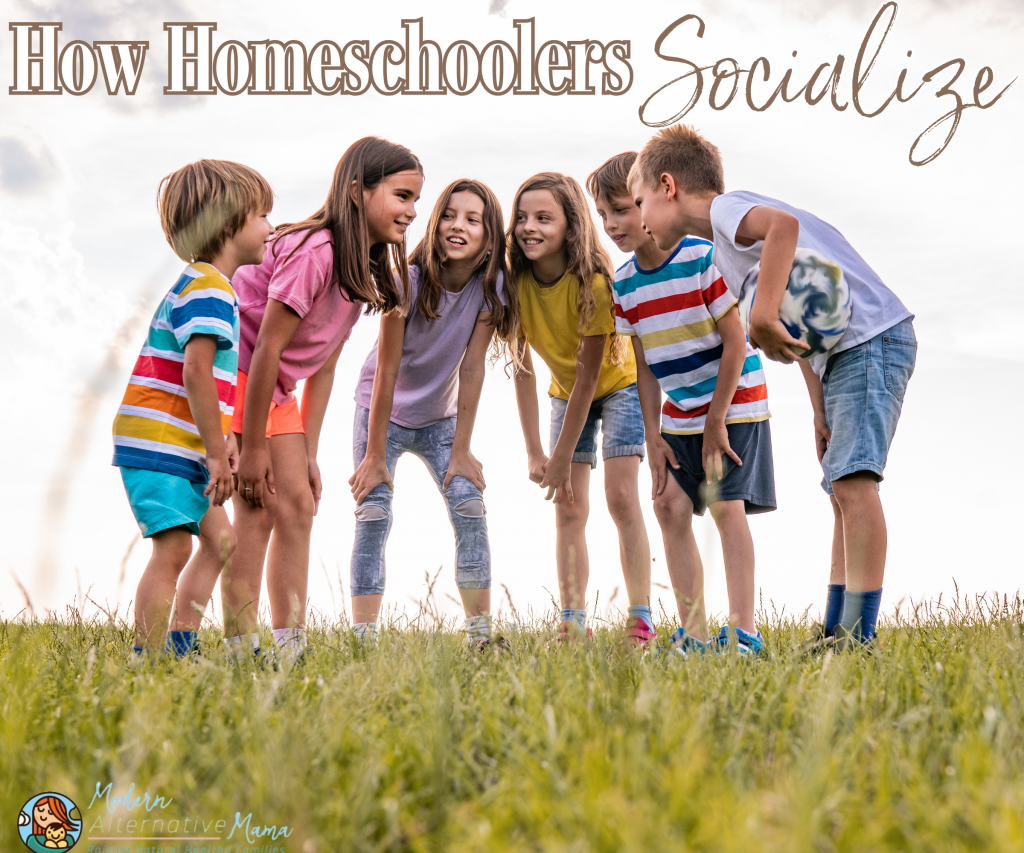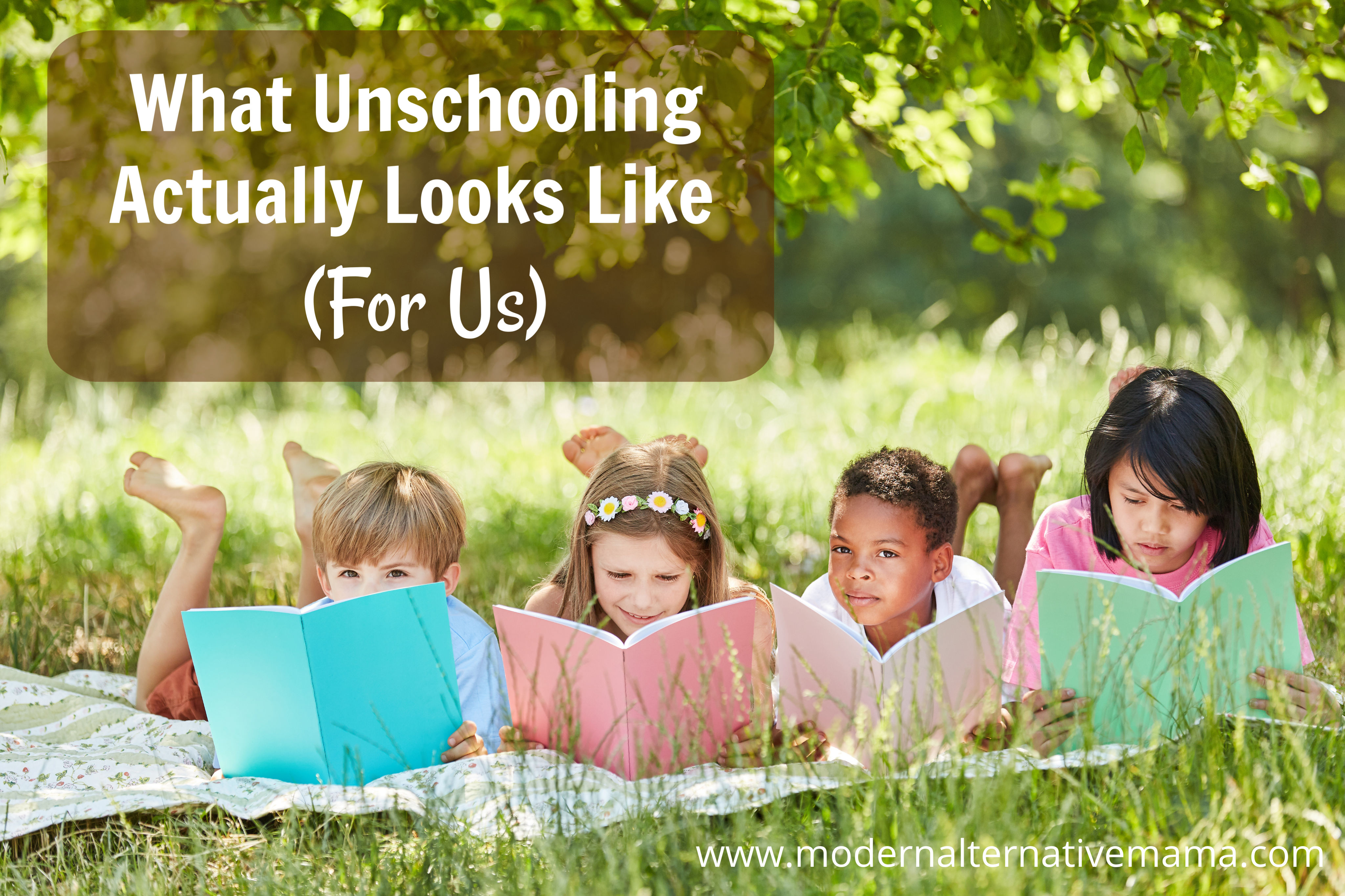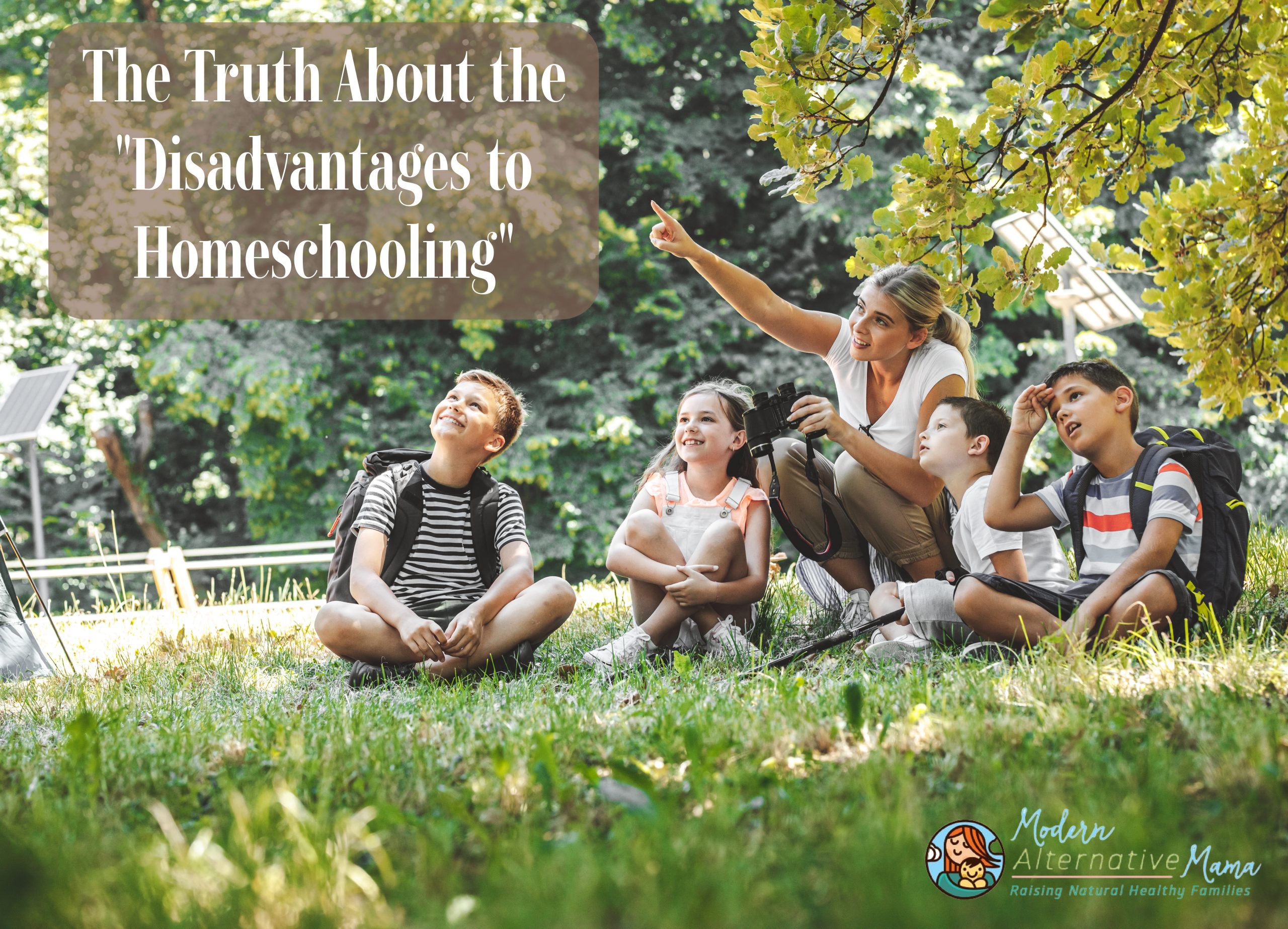I was homeschooled on and off throughout my middle and high school careers. The most common misconception surrounding homeschooling is the lack of socialization. The most common question asked is, “How do homeschoolers socialize?” The answer is simpler than you may think.
First and foremost, socialization starts at home. As adults, sometimes we forget that children are humans with feelings. Some adults struggle to handle their emotions, yet we expect children to express emotions flawlessly? How we communicate with our little humans sets the mark for how they will communicate with others. How our children see us communicating with them, their siblings, and other adults when we are out in the real world makes all the difference.
Whether you’re unschooling or homeschooling, children aren’t closed up for eight hours like school-taught children. Learning from the comfort of your own home makes the process much more fun and engaging for the child. Think of it as exploring their strengths while waiting for them to investigate their assumed weaknesses. More often than not, it’s not a weakness, but something they aren’t interested in yet.
Remember, busy work isn’t the only way to learn; playing is learning too. So, while children at school are told, “You’re not here to socialize” or “Save the chatter for lunchtime,” homeschoolers have the opportunity to travel and explore every single day.
Homeschoolers don’t have 29 other kids in a classroom with them, so even a traditional homeschooling curriculum goes much more smoothly. With less interruptions, there’s usually plenty of time for children to be children at the end of the day.
Whether they travel and explore as a part of homeschooling or have plenty of time after, they get to meet new people from all different walks of life. They talk with people of all ages and learn how to communicate efficiently with those around them – they adapt to their surroundings (if you will).
So exactly how do homeschoolers socialize?
Neighbors & Neighborhood Friends
Just because a child is homeschooled doesn’t mean they can’t make friends. Chances are there are neighbors that they will meet. Even if the neighborhood kids attend traditional schooling environments, that doesn’t mean they can’t be great friends with amazing bonds. For some people, their neighbors live a little far away, especially when living in rural areas. No worries, that’s where the other things on this list come in.
Parks
A park may be the perfect solution if you live in a rural area (or maybe an apartment and need more space to play). Going to local parks, especially while traditional school is in session, allows children to meet other children who are likely also homeschooled. Children can play together and learn to communicate with other children, both older and younger than them. They even learn to communicate with the other adults/parents at the park, creating an amazing learning opportunity for everyone involved (even the adults).
Grocery Shopping
Some parents don’t like bringing their children grocery shopping, but shopping can be an amazing learning and socializing opportunity. You can teach your child how to read food labels throughout the store. They can learn how to watch out for allergies or sensitivities while also learning how to make health-conscious food decisions – win-win!
As you go around the store and add things, they can guess the cart’s total – practical math skills! When you get to the checkout, you can use that opportunity for the child to communicate with the cashier (a bonus for introverted parents). Then, when it’s time to pay, use that opportunity to teach them how to count money and pay. A shopping trip can be much more than just getting groceries; it can teach independence, socialization, and basic skills like reading and math.
Libraries
As a child, I loved going to the library; I was an avid bookworm. Although libraries are most known for being quiet environments, they are great for socialization. Whether your child is already reading or is just learning how to read, libraries have something for children of all ages. From learning how to check out books, talking with the librarian and other children, and even attending book readings – something is bound to catch a homeschooler’s eye.
Museums
My favorite field trip in grade school was to the American Museum of Natural History. The problem was everything was rushed so we could get back to school to catch the bus home. This meant I didn’t enjoy the scenery the way I wish I could have, and I have yet to go back and visit the things I missed.
Imagine bringing your kids to an amazing museum exhibit without rushing the day and actually taking time to learn. Socialize with your children (and surrounding children), and learn what interests your child and what doesn’t. These experiences teach socialization skills and help hone in on a child’s strengths while making learning both a visual and fun experience.
Extracurricular Activities
Of course, aside from regular learning methods and lots of time for exploring, many kids love participating in extracurricular activities. Personally, I was a sports child; I loved basketball and running. Other ideas for children of all ages include karate, dance, gymnastics, ballet, little league baseball, etc.
No matter what extracurricular activities your child fancies, they will learn new skills. They’ll learn how to effectively communicate and socialize with the children and adults present. As an added bonus, mom and dad may have little time to breathe.
No matter how you homeschool, your child’s socializing ability should be the least of your worries. As long as your child has access to the outside world and good role models, chances are they’ll be excellent communicators. Honestly, they may socialize better than children who attended traditional schools.







